Quantum calculations amount to sophisticated estimates. But in 1931, Hans Bethe intuited precisely how a chain of particles would behave — an insight that had far-reaching consequences.
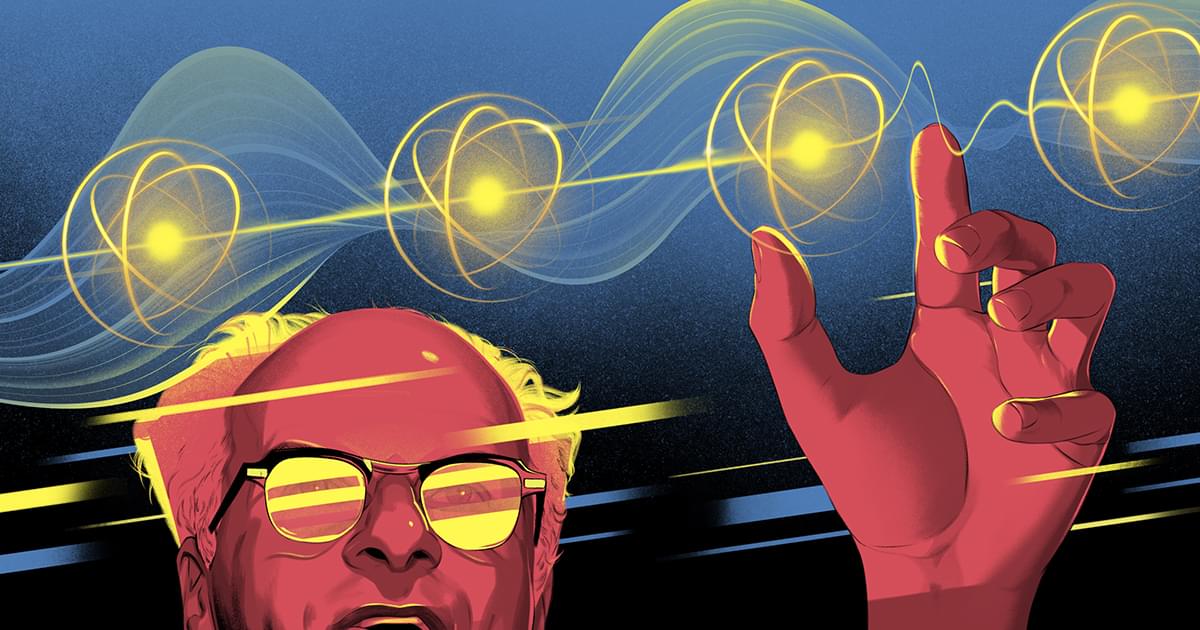

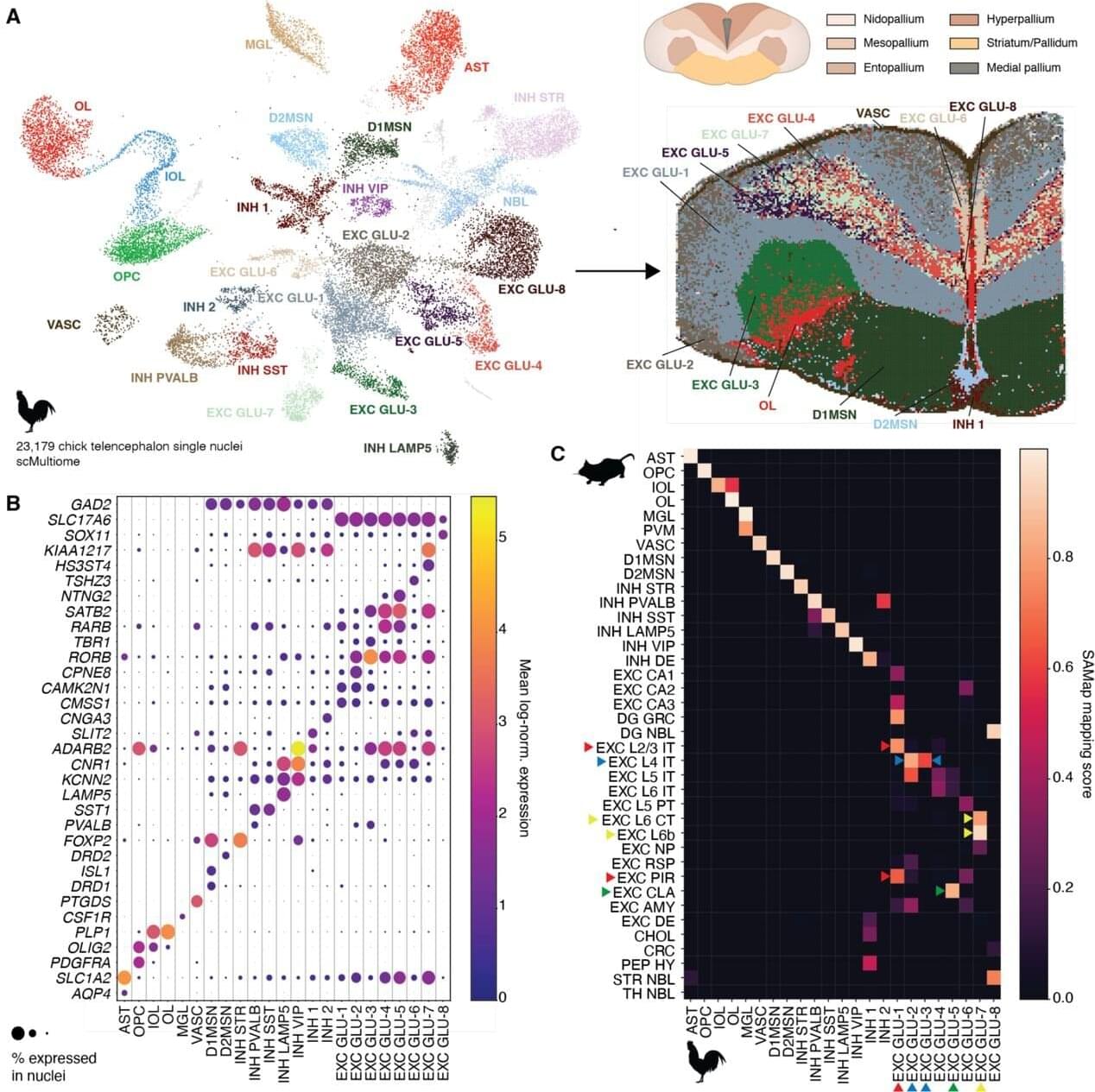
In a new study published in Science, a Belgian research team explores how genetic switches controlling gene activity define brain cell types across species. They trained deep learning models on human, mouse, and chicken brain data and found that while some cell types are highly conserved between birds and mammals after millions of years of evolution, others have evolved differently.
The findings not only shed new light on brain evolution; they also provide powerful tools for studying how gene regulation shapes different cell types, across species or different disease states.
Our brain, and by extension our entire body, is made up of many different types of cells. While they share the same DNA, all these cell types have their own shape and function. What makes each cell type different is a complex puzzle that researchers have been trying to put together for decades from short DNA sequences that act like switches, controlling which genes are turned on or off.

As the age of technology continues to explode, it is essential that we do not gloss over the amount of learning and skill it takes to address the ever-increasing complexity of technology, society and business. This moment affords us a unique opportunity. To design our learning levels and to design our professionals. I thought I would take that opportunity to show some of the skills necessary in architecture and how important they are to creating the next generation of leaders.
As one person said to me just yesterday, “The current business environment does not allow the application of such deep learning and reflection in architecture. We have to get in and do what we can fast.” I hear similar quotes regularly. And that is ok, there are times when we have to move quickly. But there are many more times we need a deeply experienced professional to be able to move quickly!
What does it mean to learn a skill? It means to have repeated success at that competency, over and over with the guidance of someone even more experienced. It means understanding theory, practice, and what can go wrong!
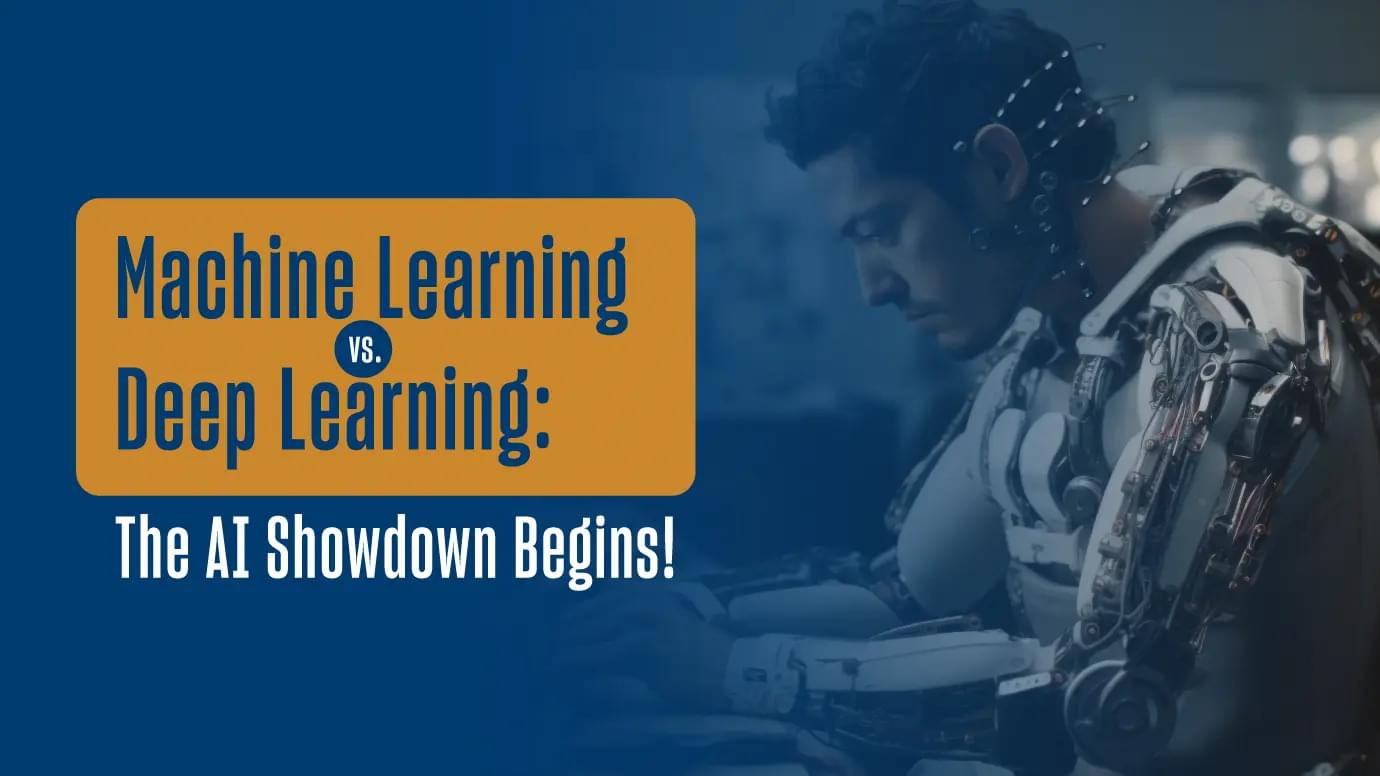
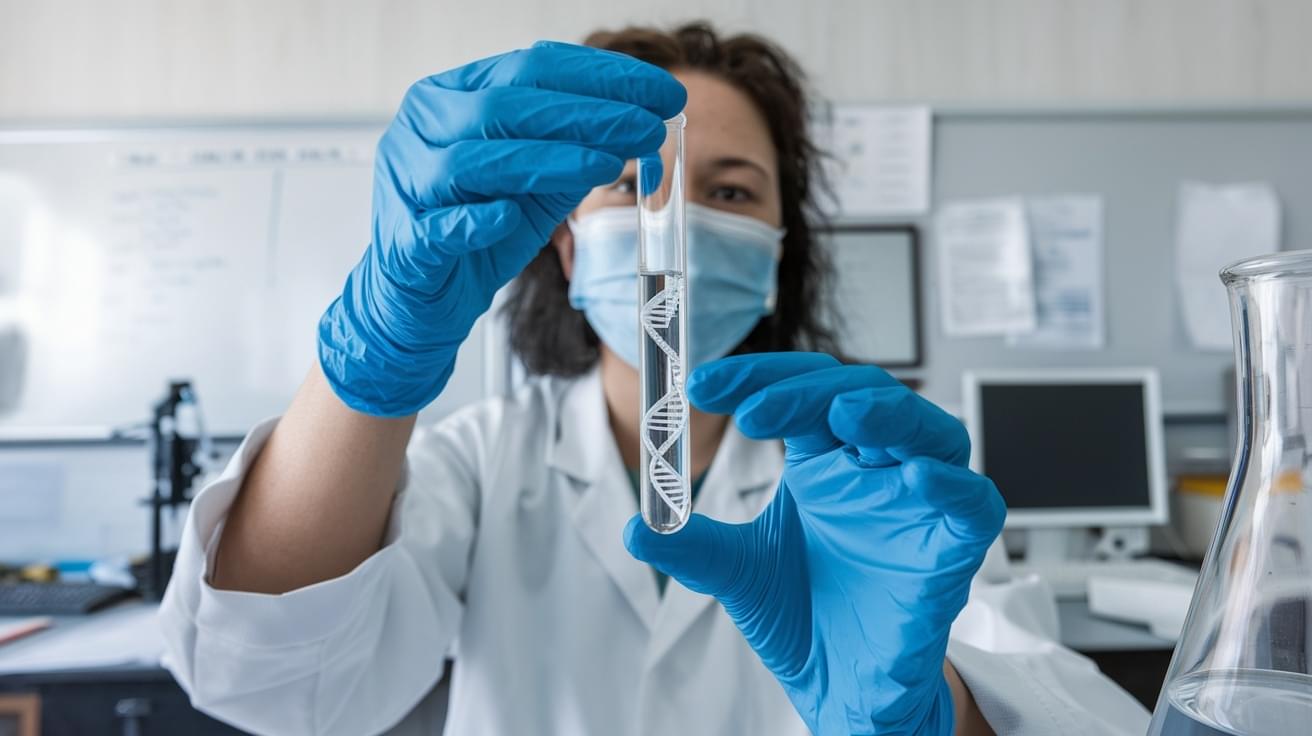
A Milky Way collision with a supermassive black hole might be closer than we thought.
Hidden deep in the Large Magellanic Cloud dwarf galaxy that orbits the Milky Way on an ever-closing loop, signs of a massive invisible object clocking in at around 600,000 times the mass of the Sun have been detected.
Since the Large Magellanic Cloud will one day collide with our own galaxy, that means the black hole is also destined to come crashing in.
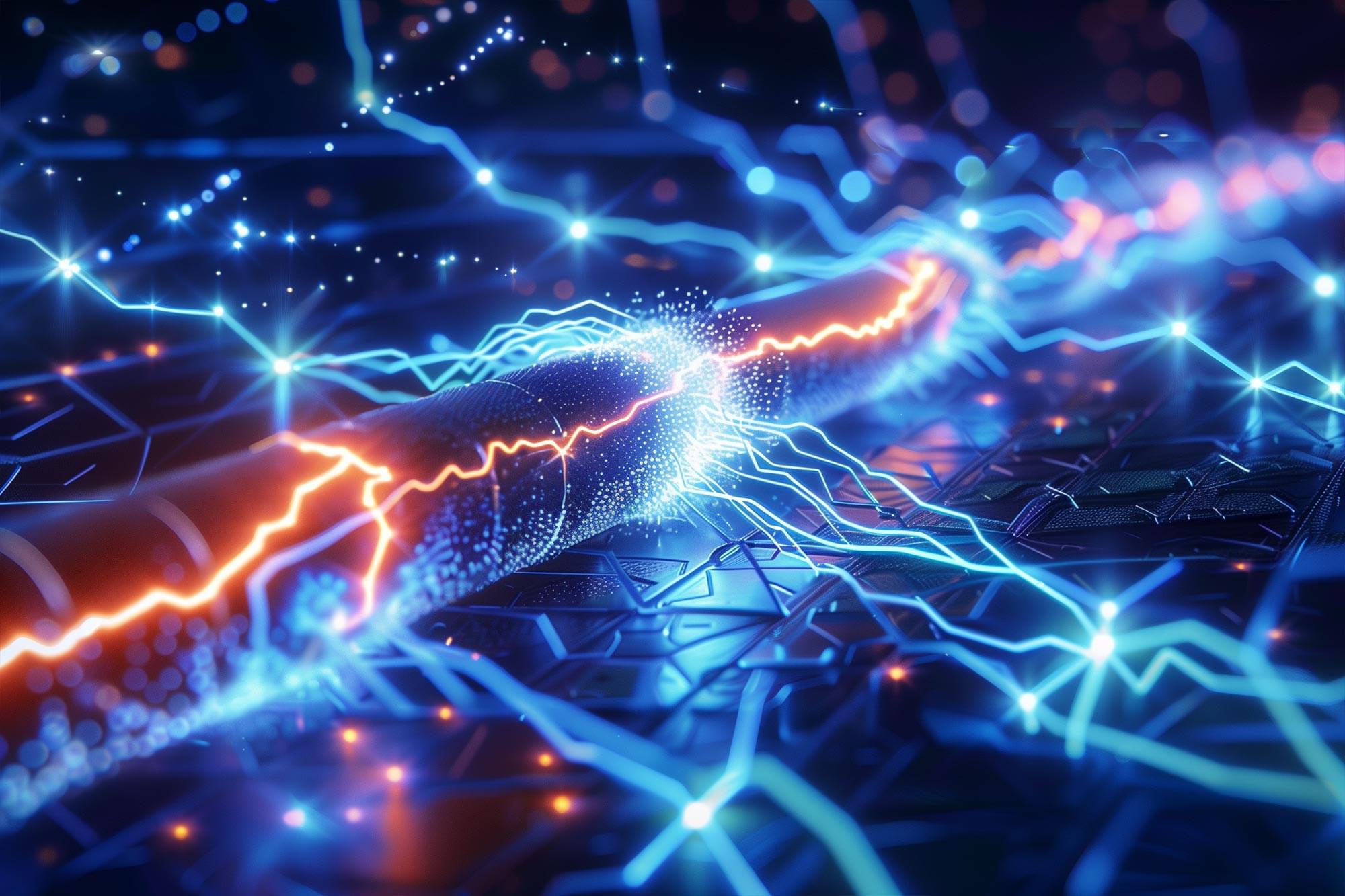
Researchers have discovered that superconducting nanowire photon.
A photon is a particle of light. It is the basic unit of light and other electromagnetic radiation, and is responsible for the electromagnetic force, one of the four fundamental forces of nature. Photons have no mass, but they do have energy and momentum. They travel at the speed of light in a vacuum, and can have different wavelengths, which correspond to different colors of light. Photons can also have different energies, which correspond to different frequencies of light.
Abstract: Leveraging Multi-modal Large Language Models (MLLMs) to create embodied agents offers a promising avenue for tackling real-world tasks. While language-centric embodied agents have garnered substantial attention, MLLM-based embodied agents remain underexplored due to the lack of comprehensive evaluation frameworks. To bridge this gap, we introduce EmbodiedBench, an extensive benchmark designed to evaluate vision-driven embodied agents. EmbodiedBench features: a diverse set of 1,128 testing tasks across four environments, ranging from high-level semantic tasks (e.g., household) to low-level tasks involving atomic actions (e.g., navigation and manipulation); and six meticulously curated subsets evaluating essential agent capabilities like commonsense reasoning, complex instruction understanding, spatial awareness, visual perception, and long-term planning. Through extensive experiments, we evaluated 13 leading proprietary and open-source MLLMs within EmbodiedBench. Our findings reveal that: MLLMs excel at high-level tasks but struggle with low-level manipulation, with the best model, GPT-4o, scoring only 28.9% on average. EmbodiedBench provides a multifaceted standardized evaluation platform that not only highlights existing challenges but also offers valuable insights to advance MLLM-based embodied agents. Our code is available at this https URL.
From: Rui Yang [view email].

Our entire reality could – in theory – be built on a bed of sand, teetering on the brink of collapse. If so, a new device developed by a collaboration of physicists in Europe might give us some idea of how it all ends.
Using a process known as quantum annealing, the researchers have provided a proof-of-concept method to study the dynamics of a terrifying kind of reality-decay that would pull at the threads of physics, causing them to unravel.
Were such an event to occur somewhere in the cosmos, the quantum laws that lend structure to matter would be rewritten at the speed of light, spelling an end to all reality as we know it.
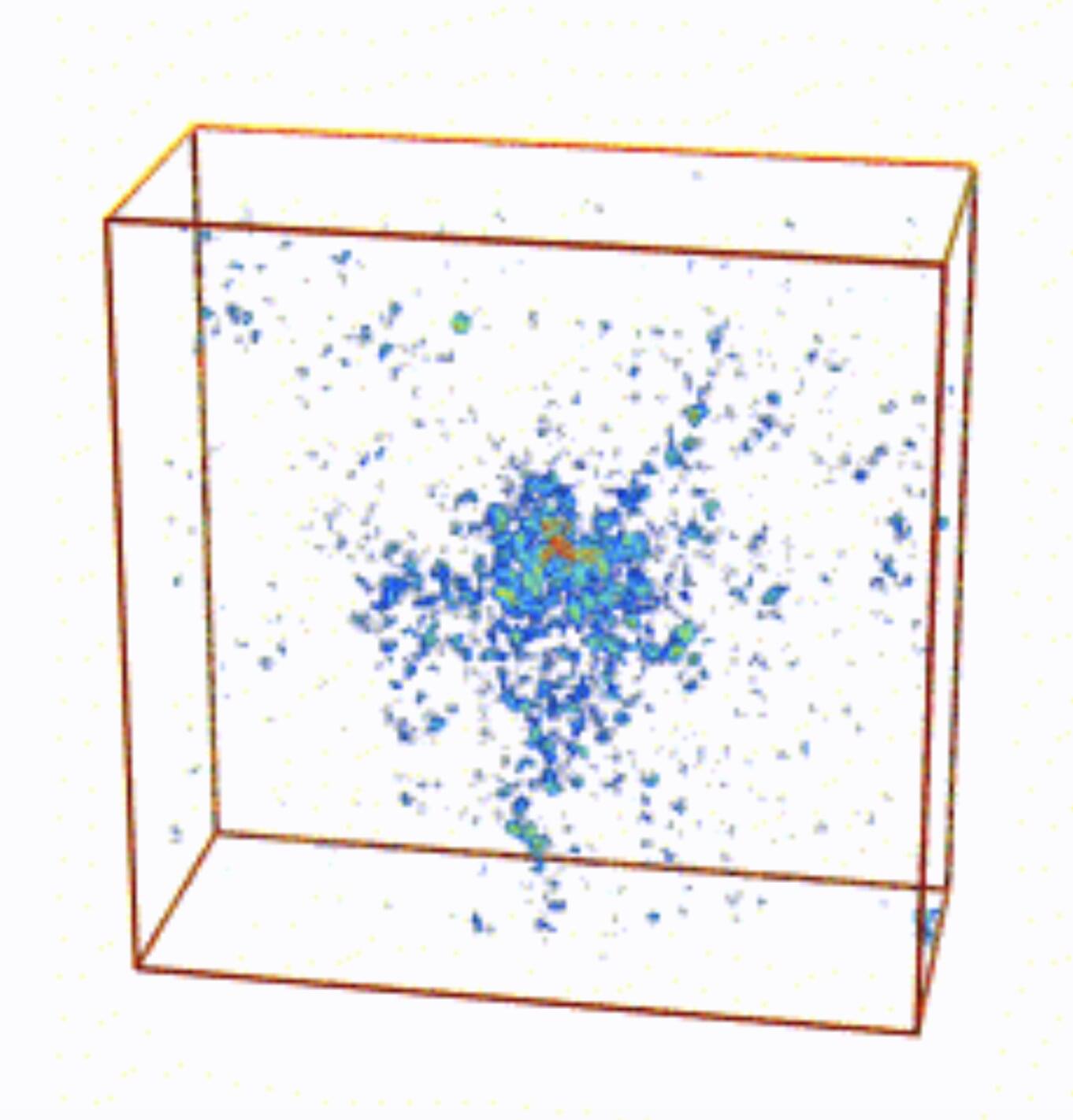
The Anderson transition is a phase transition that occurs in disordered systems, which entails a shift from a diffusive state (i.e., in which waves or particles are spread out) to a localized state, in which they are trapped in specific regions. This state was first studied by physicist Philip W. Anderson, who examined the arrangement of electrons in disordered solids, yet it was later found to also apply to the propagation of light and other waves.
Researchers at Missouri University of Science & Technology, Yale University, and Grenoble Alpes University in France recently set out to further explore the Anderson transition for light (i.e., electromagnetic waves) in 3D disordered systems.
Their paper, published in Physical Review Letters, outlines the simulation of light wave transport in an arrangement of perfect-electric-conducting (PEC) spheres, materials that reflect electromagnetic waves.